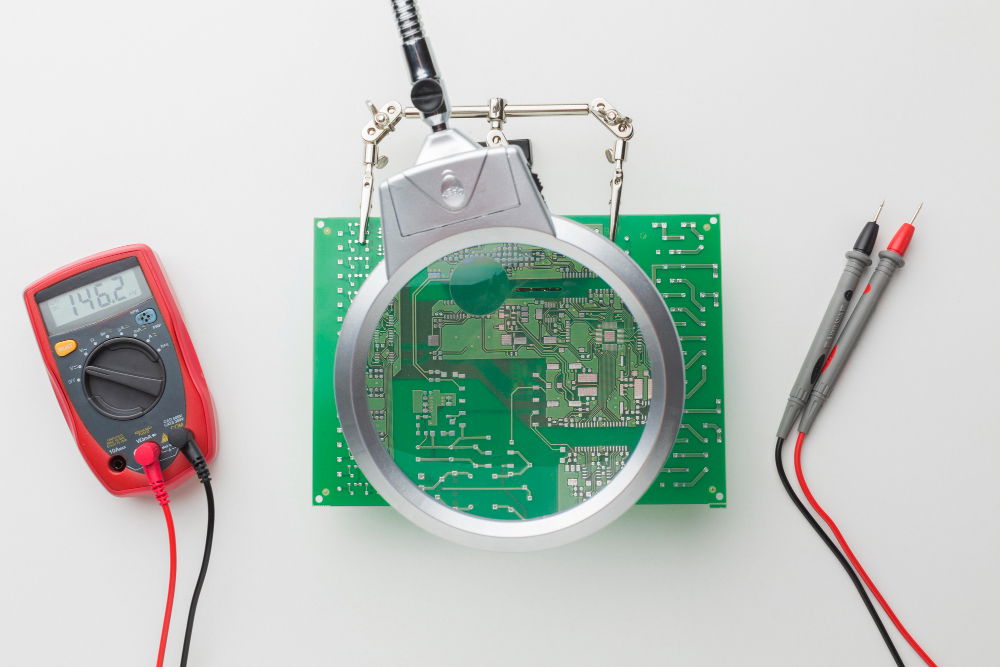Introduction to Electronics Fundamentals
Do you ever sit back in surprise at the success of other people and wonder how you could become more successful? Well, simply put, there are no miracles when it comes to being successful - just a seri...
- All levels
- English

Course Description
Do you ever sit back in surprise at the success of other people and wonder how you could become more successful? Well, simply put, there are no miracles when it comes to being successful - just a series of plans that, if put to use, will ensure you get ahead of the game. Many people believe that it is luck that determines whether a person becomes successful or not. However, its amazing how much...
Do you ever sit back in surprise at the success of other people and wonder how you could become more successful? Well, simply put, there are no miracles when it comes to being successful - just a series of plans that, if put to use, will ensure you get ahead of the game.
Many people believe that it is luck that determines whether a person becomes successful or not. However, its amazing how much luckier you get the more you work your plan so perhaps luck has a far smaller part to play in success than you might think.
This course is specifically designed to help you become a leadership candidate or help you become a better leader. I use simple, down to earth concepts to teach fundamental principles that all good leaders possess.
I provide a ton of downloads to assist you in learning the concepts I am teaching. They will become a resource to you though out your career as a leader.
When you complete the course you will know what those fundamentals are, you will be able to identify the ones you already posses and how to gain all of the fundamentals in your quest for being a good leader.
See more See lessWhat you’ll learn
- Fundamental concepts of Electricity (Current, Energy, Voltage, Power)
- Most important Electronic components (Resistor, Capacitors, Diodes, etc)
- The main laws governing currents and voltages in circuits (Ohm’s law, Kirchhoff’s laws, etc)
- Most important Electronic components (Resistor, Capacitors, Diodes, etc)
- Real and Digital prototyping
Curriculum
Frequently Asked Questions
This course includes
- Lectures 44
- Duration 3 Hour
- Language English
- Certificate No





